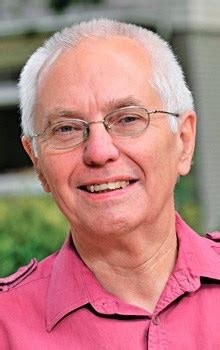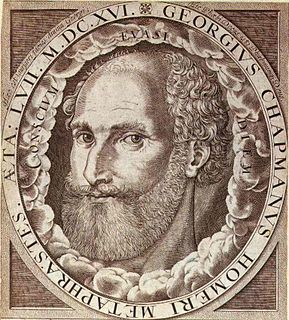A Quote by Aleister Crowley
All questions of the Law are to be decided only by appeal to my writings, each for himself
Related Quotes
The basic drive behind real philosophy is curiosity about the world, not interest in the writings of philosophers. Each of us emerges from the preconsciousness of babyhood and simply finds himself here, in it, in the world. That experience alone astonishes some people. What is all this - what is the world? And what are we? From the beginning of humanity some have been under a compulsion to ask these questions, and have felt a craving for the answers. This is what is really meant by any such phrase as 'mankind's need for metaphysics.'
When each citizen submits himself to the authority of law he does not thereby decrease his independence or freedom, but rather increases it. By recognizing that he is a part of a larger body which is banded together for a common purpose, he becomes more than an individual, he rises to a new dignity of citizenship. Instead of finding himself restricted and confined by rendering obedience to public law, he finds himself protected and defended and in the exercise of increased and increasing rights.
Since natural law was thought to be accessible to the ordinary man, the theory invited each juror to inquire for himself whether a particular rule of law was consonant with principles of higher law. This view is reflected in John Adams' statement that it would be an 'absurdity' for jurors to be required to accept the judge's view of the law, 'against their own opinion, judgment, and conscience.'
The Bible is a collection of writings by lots of different people written over maybe a thousand years, from a number of centuries before Jesus to a century after Jesus. I often like to refer to it as "the Scriptures" to make that point about it being lots of writings that were originally separate. What these writings have in common is that "the Old Testament" is writings that grabbed the Jewish people; writings that convinced them that they were God's word to them. And "the New Testament" is writings that grabbed people who believed in Jesus in the same way.
Good and wise men, in all ages, have embraced a very dissimilar theory. They have supposed that the deity, from the relations we stand in to himself and to each other, has constituted an eternal and immutable law, which is indispensably obligatory upon all mankind, prior to any human institution whatever. This is what is called the law of nature....Upon this law depend the natural rights of mankind.






































